
Mayan Eden is an Israeli-American woman running a business in the real-estate industry and someone who at a young age, is on a quest to “shape her philanthropic future” by forging deeper Arab-Israeli ties.
But how did she get here?
Although Mayan was born in Israel and raised in New York in a religious Jewish home, she actually has a rich multi-cultural background and unique cultural heritage which is in parts Iraqi, Afghani, Yemenite, and Polish, and all of which deeply influenced her identity.
Mayan studied business law and majored in literature, graduating as valedictorian, but found her passion in the real estate business – as a broker and property investor. She eventually even diversified the scope of her work to stocks and bank notes, establishing herself as a formidable force to reckon with in business, but her quest for ‘more’ had just begun.
She found her calling in advocating for Israel, fostering peacebuilding with Arab nations, and promoting better global dialogue.
October 7: A Catalyst for Mayan’s Middle-East Mission
Come October 7th, and Mayan’s life and philosophy underwent a sea change, catalysing her desire to foster peace in the Middle-East in general, and between Israel and the Arab nations in particular. When the horrific tragedies of October 7 laid bare the realities of radicalism to the people in Israel and all across the globe, the brutalities unleashed on innocent citizens made Mayan realize that extremism could not be merely contained or tolerated — it demanded urgent eradication and that the battle against extremism is not just Israel’s fight, it is a global fight.
She believes this fight will start by ensuring that the forces of cooperation, dialogue and peace stand stronger than the forces of radicalism and destruction.
As an entrepreneur, her approach has always been focussed on problem solving. So for her, the events of October 7, only concretized her belief about the importance of peacekeeping measures between the troubled Israeli and Muslim communities as an answer to radicalism.
Thus, Mayan set out to build alliances across the Middle East, and as if serendipitously, amidst this time of turmoil Mayan found hope in the form of Arab allies who were equally committed to this specific cause. Finding them was a first step of encouragement which demonstrated that cooperation across cultural and national boundaries was very much attainable for Israel and Arabs.
Eye-Opening Gulf Journey
Mayan’s travels to Abu Dhabi and Dubai showed her that she was on the right path and wasn’t alone in the pursuit of peace for the region and for Israel.
These modern Arab countries, known for their towering skyscrapers and bustling markets offered her new perspectives about the troubled Middle-East region,
Finding like-minded individuals not only fueled her determination further, but showed her that her ideals offered a reality very much within reach. Witnessing the growing ties between progressive Arab nations and Israel was awe-inspiring for her, and gave her hope.
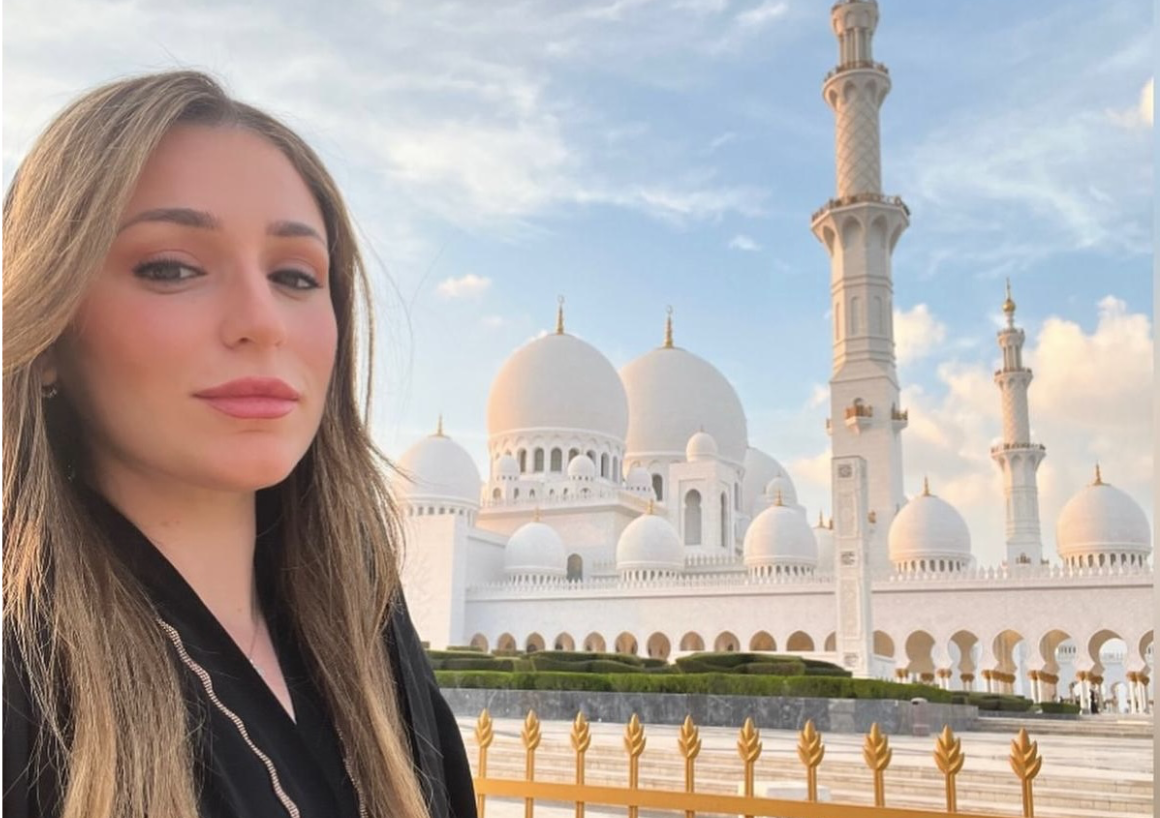
Mayan’s Visit to the Abrahamic Family House
An especially pivotal moment in her journey was offered by her visit to the Abrahamic Family House – an interfaith complex in Saadiyat Island in Abu Dhabi, that stands as a beacon of hope and coexistence between the Abrahamic religions. The architectural marvel which houses a mosque, church, and synagogue side by side, symbolized the evolving landscape of the Middle East and showed that it was growing to be a region ready to embrace mutual respect and unity among different faiths.
 (Abrahamic Family House/ blog.dojoin.com)
(Abrahamic Family House/ blog.dojoin.com)
Meeting the Architects of a New Middle-East
Throughout her travels, Mayan engages with key figures who are reshaping the narrative of Arab-Israeli relations and has found ‘courageous Arab allies standing with her in this fight, people who understand that the future of the Middle East depends on confronting radical ideologies and strengthening ties with Israel.’
Being fluent in Hebrew, English, and Yiddish, has also helped her to connect with diverse communities and engage in meaningful cross-cultural conversations in her diplomatic missions.
She worked closely with Loay Alshareef, for instance, a dedicated advocate of interfaith dialogue, historical truth, and the Abraham Accords. His expertise in Semitic languages, Jewish and Islamic history, and cultural diplomacy have been instrumental in reshaping this new era of progress for Arab-Israeli relations.
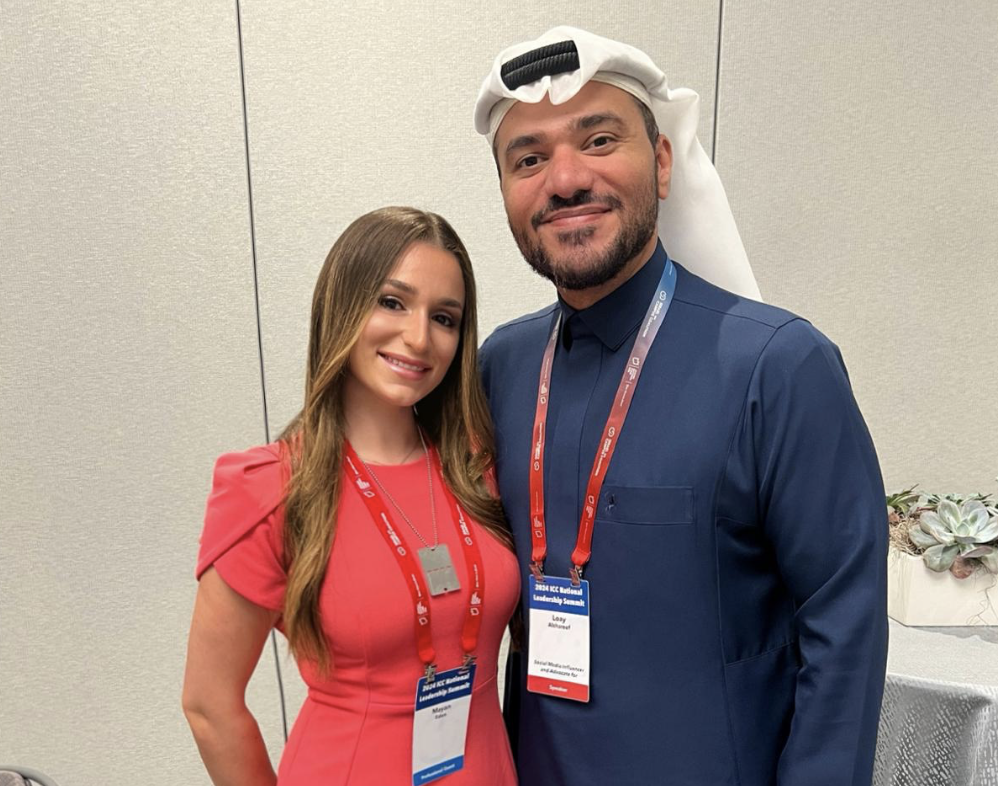 Mayan Eden (left) with Loay Alshareef (right)
Mayan Eden (left) with Loay Alshareef (right)
She also met Amjad Taha, who is making constant efforts to combat extremist ideologies and misinformation, pushing for peace in the region. She believes that people like them are not just voices of change; they are architects of a new Middle East where cooperation and mutual respect can truly flourish.
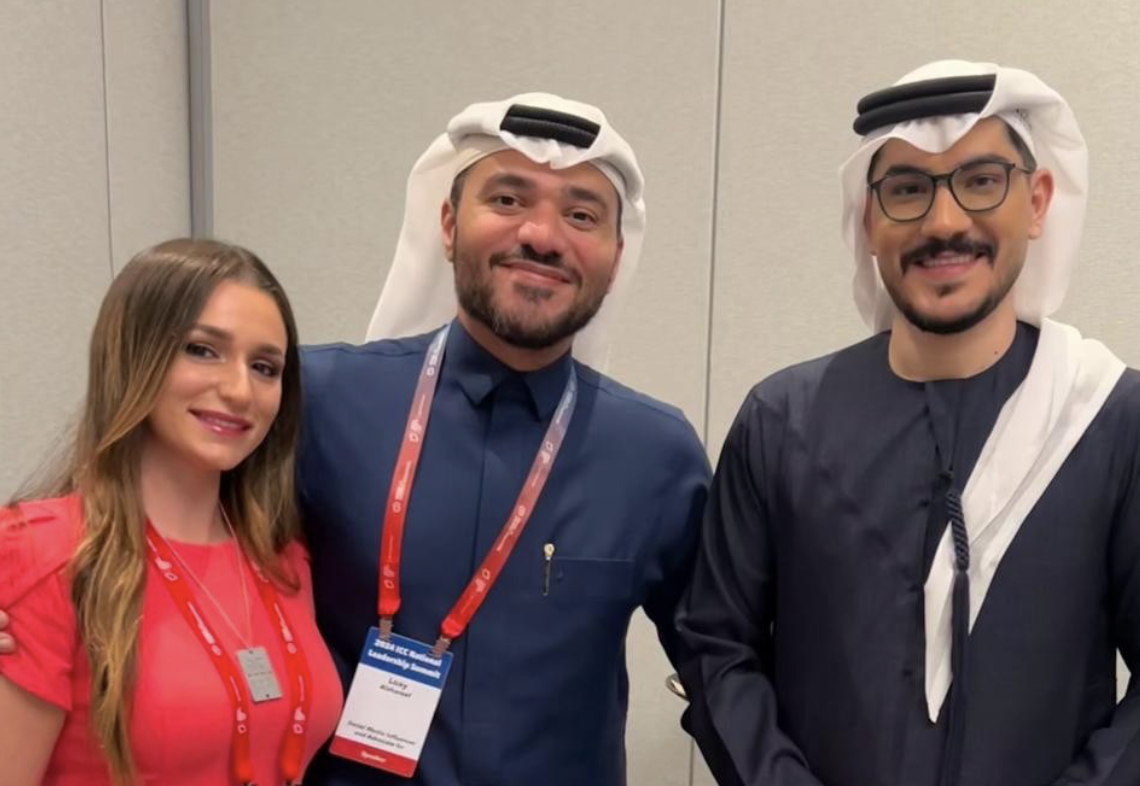 Mayan Eden (left) with Loay Alshareed (center) and Amjad Taha (right)
Mayan Eden (left) with Loay Alshareed (center) and Amjad Taha (right)
Taking a Leaf Out of the UAE’s Approach to Terrorism
Another perspective about the horrors of October 7 is that while the events undeniably underscored the fragility of peace, they also spotlight the steps that leaders need to take to ensure peace.
In a modern world that boasts of civilization and security, there can be excuses for tolerating terrorism, and Mayan believes that unlike many western nations, which often struggle with balancing security and political correctness, the UAE has been firm and unapologetic in ensuring that radicalism has no foothold in its society.
By eschewing its zero-tolerance policy to terrorism the UAE has showcased a commitment to security which in itself serves as a cornerstone for peace, and its unyielding stance against extremism serves as a powerful model for others.
She advocates for some Western countries to take a leaf out of the UAE’s zero-tolerance policy towards terrorism emphasizing that peace cannot exist without security, and security cannot exist with complacency.
A New Chapter of Cooperation
As Mayan continues her diplomatic missions, her experiences serve as a reminder that the path to lasting peace in the Middle East, and Israel’s integration into the region requires more than just dialogue — it requires action and the courage from individuals like her, and from others in places of power and influence.
While the Abraham Accords have already set the stage for this, it would ultimately be the persistent efforts of individuals like Mayan, Loay Alshareef, and Amjad Taha that would begin to turn the promise of peace into a reality. Although the journey is far from over, with each step forward, a new chapter of cooperation and understanding is being written in the annals of Middle Eastern history by people like them.
Mayan Forges Ahead on Her Mission
Mayan’s experience in the Gulf was not just surprising — it was transformative. It showed that the idea that Jews and Arabs can coexist, collaborate, and build a shared future is very much a possibility, in fact Mayan now believes that this should be “common knowledge”.
Preparing for her travels to Saudi Arabia, Bahrain, and beyond, she carries with her a renewed sense of hope, purpose, and urgency. She thinks that the world needs to see what is happening in these countries, not through outdated narratives, but through the reality of a new Middle East – and this Israeli-American entrepreneur on a mission is out to show them just that.
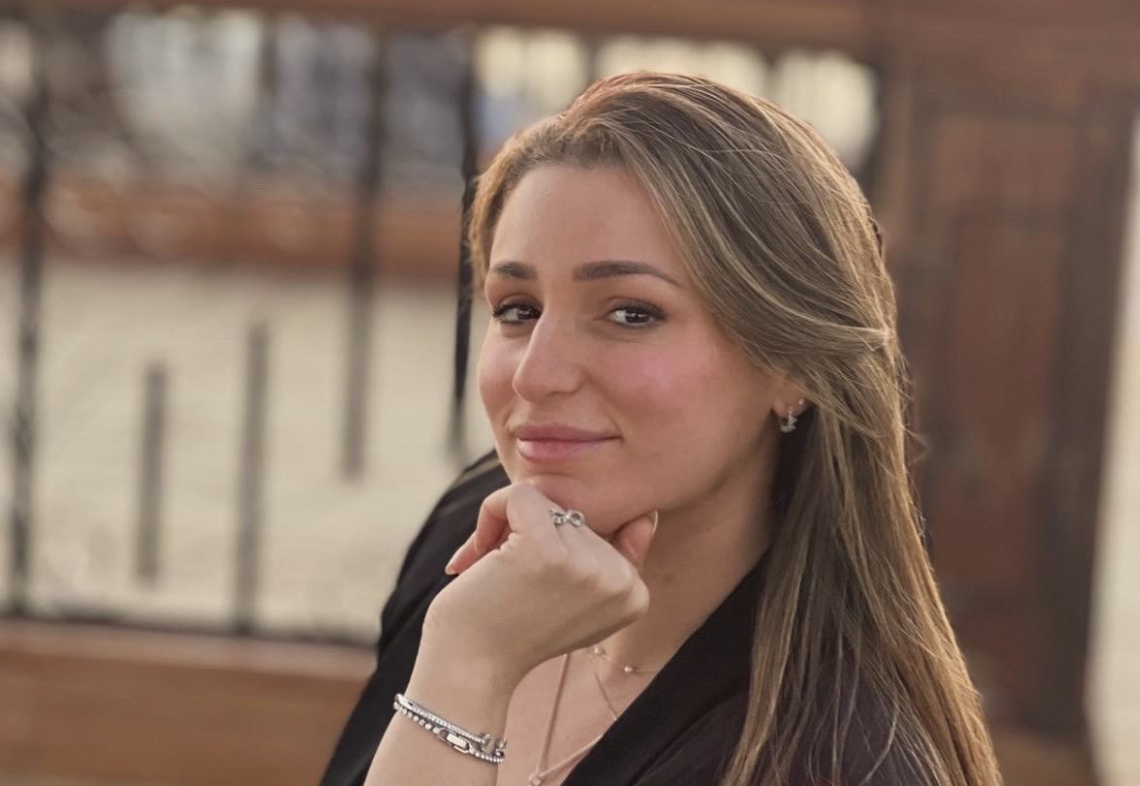







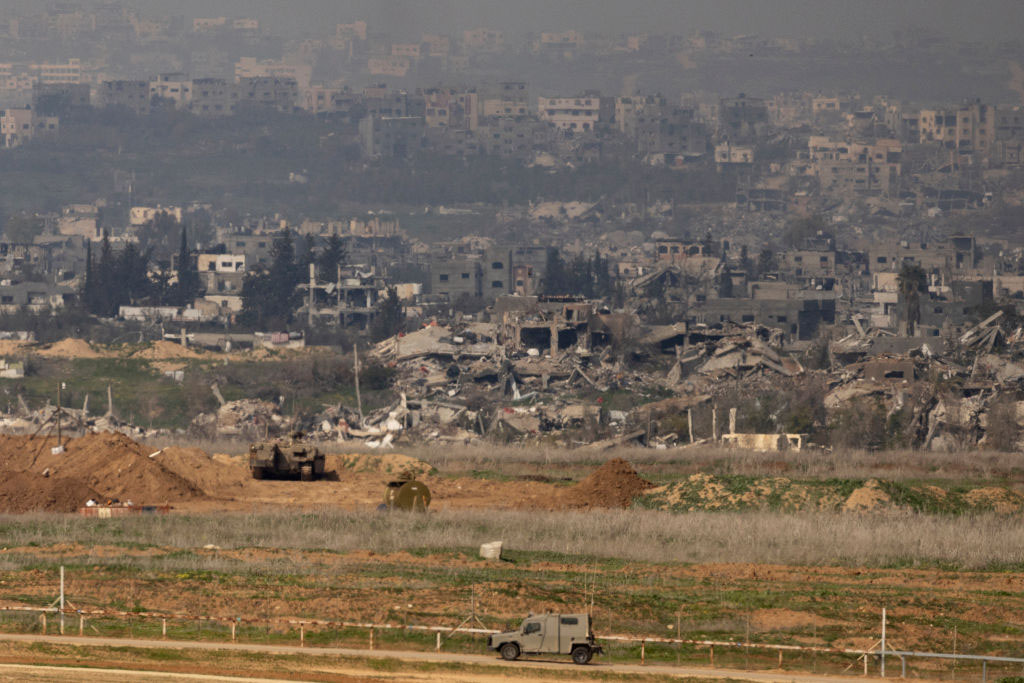


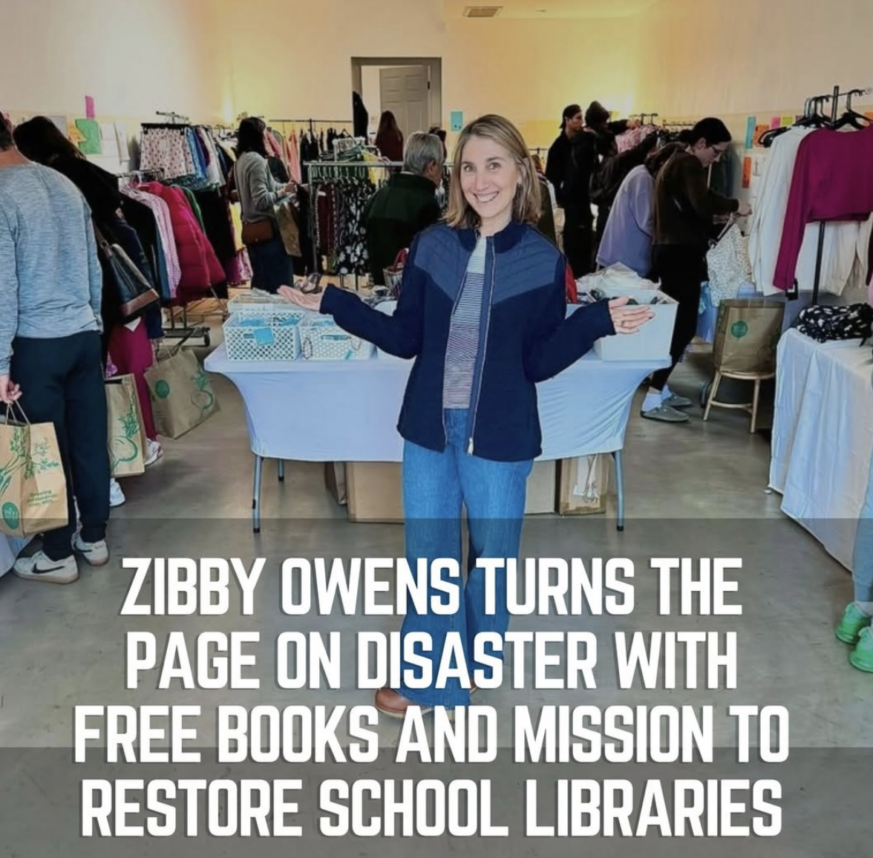

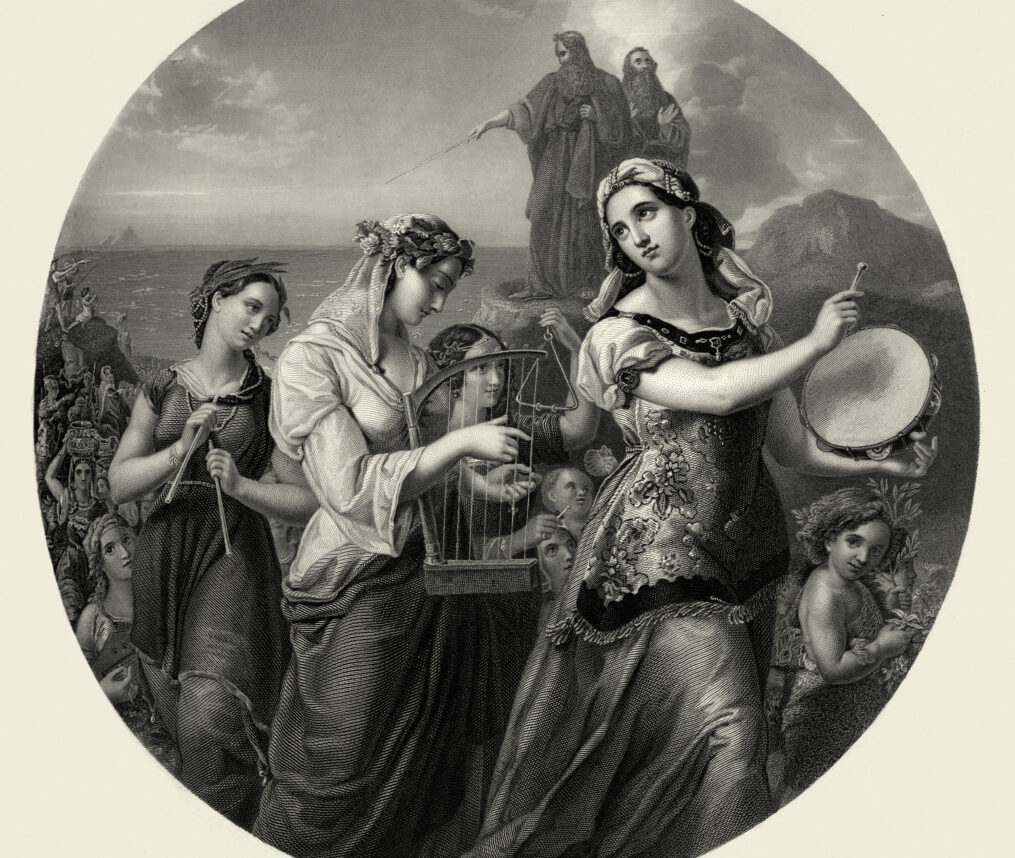

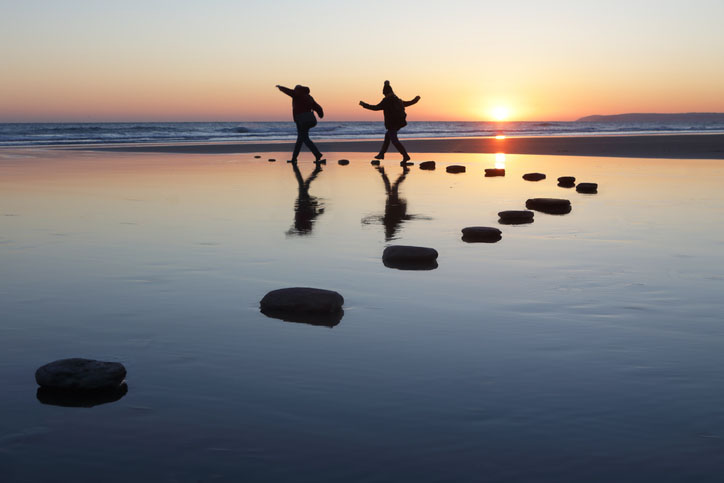
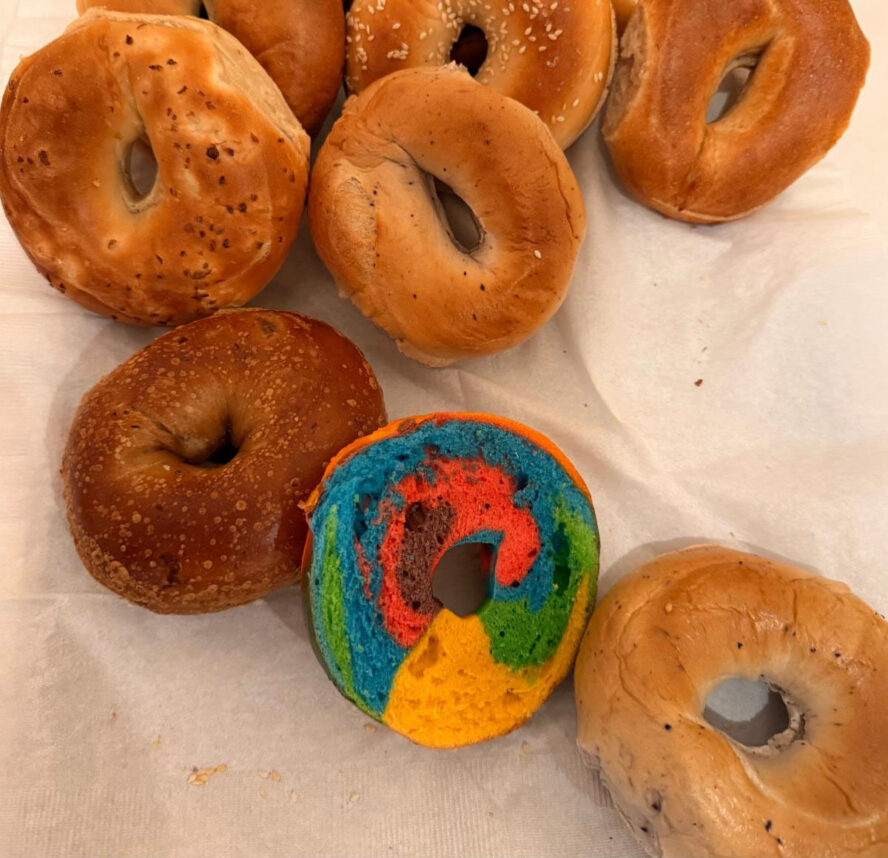



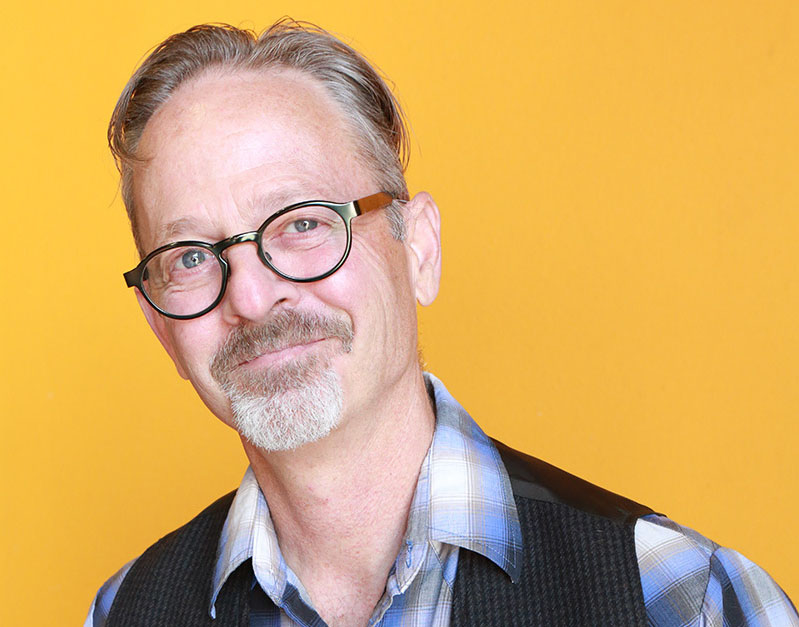
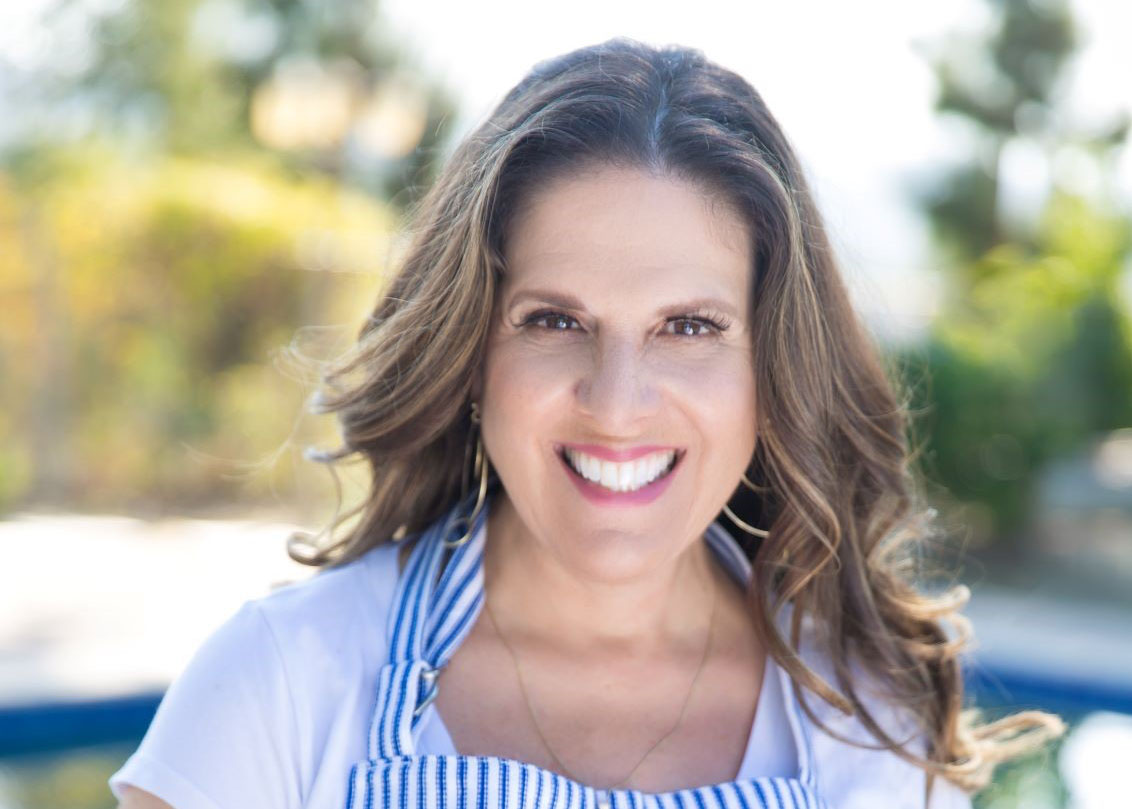

 More news and opinions than at a Shabbat dinner, right in your inbox.
More news and opinions than at a Shabbat dinner, right in your inbox.